Development projects must clear 3 major hurdles to create major transformation. They must be successful, they must be sustainable and, if change is to be widespread, they must be scalable.
We’re pretty confident Farmers of the Future can clear the first two. But to achieve the ultimate goal of changing how thousands of subsistence farmers think about and practice farming it must be scalable. Thanks to the new grant from REGIS and USAID we now have the opportunity to prove if Farmers of the Future can clear this final hurdle.
For the first time, we are entering 5 villages simultaneously using realistic levels of staffing and funding. If this effort is successful it will confirm that FOF can be scaled. Of course, it will take tens of millions of dollars to implement the program broadly. We’ll have to build awareness and excitement for the transformative power of Farmers of the Future. But even if we can attract the money we need to build the technical capacity to support a major expansion.
For starters, we’ve spent the past year creating an FOF Operations Manual to guide the implementation of the program in new sites. The manual, available in French and English, contains all the detail and valuable lessons learned from 5 years of “enlightened trial and error” to ensure a successful launch in new locations.
Second, we’ve created a technical training manual. The FOF field technician plays a critical role in the success of the program. He/she works closely with the women and children of the village, educating them in new ways to approach farming as a business. Unfortunately, there is a scarcity of agricultural technicians in Niger, even fewer with a strong grounding in horticulture, and virtually none who understand how to turn a vegetable garden into a real business.
Our technical training manual will turn people with a basic understanding of horticulture into skilled FOF technicians. It is designed to be used in 2 ways. First, we are developing plans for a training center where people with a background in horticulture can learn FOF techniques through classroom learning and practical experience. The manual serves as the classroom textbook. Second, it serves as a reference guide for technicians in the field. It contains information on over 20 vegetables well-suited to gardening for profit, including the best varieties to use, when to plant and harvest, routine care, and how to prevent and treat common pests and diseases. We think it will become an invaluable tool.
We’ve come a long way with Farmers of the Future, from a promising idea by a brilliant man to a field-tested program with the potential to lift tens of thousands of subsistence farmers out of poverty. Of course, it will take many more years and resources well beyond Eliminate Poverty NOW to reach the ultimate goal. But to paraphrase a famous Jewish scholar: we are not required to complete the work, only to do what we can. And we are doing all we can to bring this transformative approach to as many people as possible.
We’re extraordinarily grateful to all the supporters of Eliminate Poverty NOW and Farmers of the Future for making it possible.

